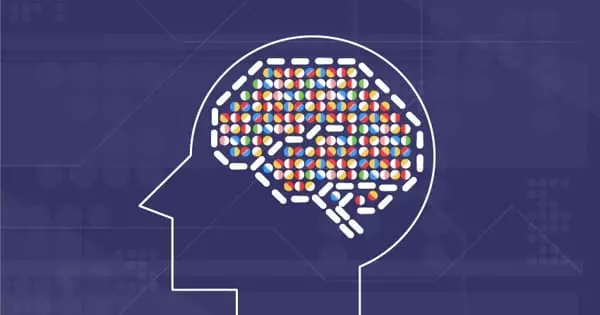UNITED NATIONS (AP) – The head of the UN disarmament warns Tuesday that digital technologies are reducing malicious infiltration and barriers to potential attacks by governments, armed groups, terrorists and criminals across international borders. Izmi Nakamitsu told a UN Security Council meeting on cyber security that “there has been a dramatic increase in the number of malicious incidents in recent years” ranging from misinformation to disruption to computer networks contributing to “a declining trust” between countries. .
The political and technical difficulty of assigning responsibility for cybertax could “lead to significant consequences, including unwanted armed response and escalation,” he warned. “This dynamic could encourage states to take an offensive stance for the adverse use of this technology.” In January, Nakamitsu said there were more than 4.6 billion active Internet users worldwide and that an estimated 28.5 billion “network devices” would be connected to the Internet by 2022, a significant increase from 18 billion in 2017.
“As the advancement of digital technologies continues to revolutionize human life, we need to be aware of the malicious use of technologies that could threaten the safety of future generations,” he said. “Digital technologies are putting increasing pressure on existing legal, humanitarian and ethical standards, non-proliferation, international stability and peace and security.” Nakamitsu cited critical infrastructural risks in the financial sector, reliance on communications technologies, including power grids, nuclear facilities and hospital and healthcare facilities.
Over the past 15 years at the UN, he said, five governments have suggested expert action on cyber threats, and the Sixth Party and an open working group that recently included all 199 members of the UN have taken “concrete steps”, oriented recommendations for a basic framework on the conduct of a responsible government in the use of information and communication technology”. U.S. Ambassador Linda Thomas-Greenfield warned that both the government and “foreign actors” have taken advantage of the growing reliance on cyber technology, citing recent high-profile ransomware attacks that have hampered this large initiative.
He said the attacks by food processing company JBS and the Colon Colonial Pipeline, which supplies fuel in most cases along the US East Coast, prove that “unacceptable risk cybercrime violates critical infrastructure,” he said.
















